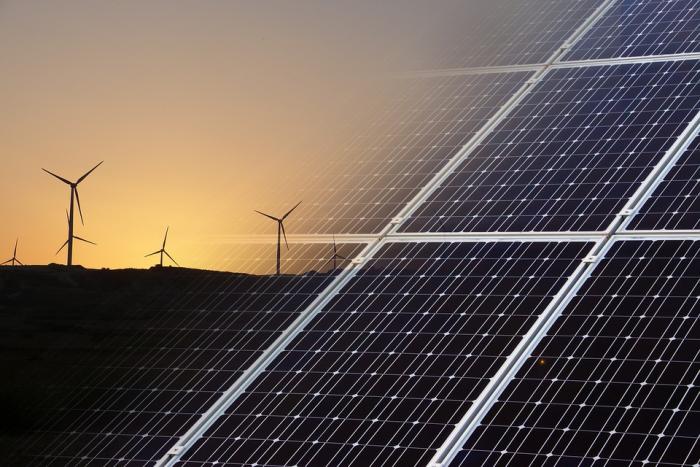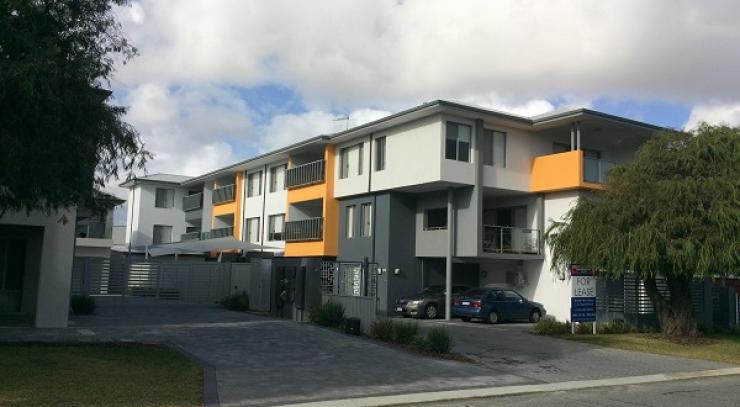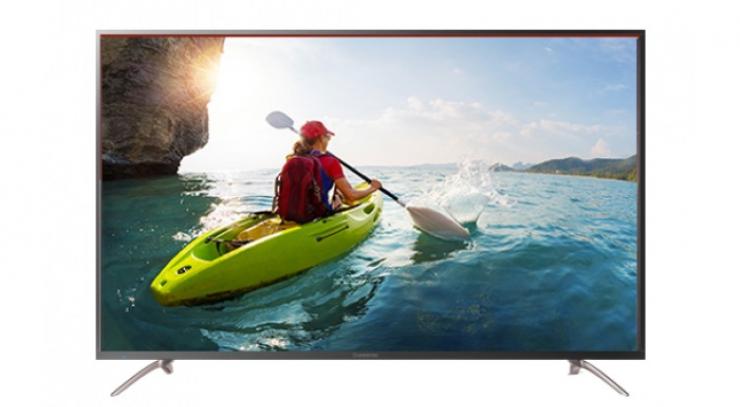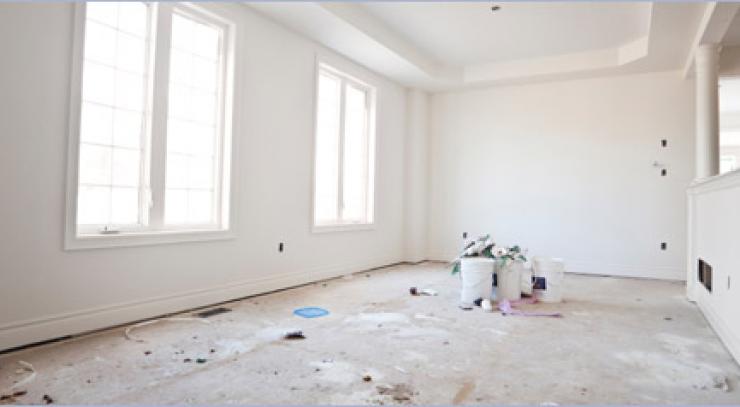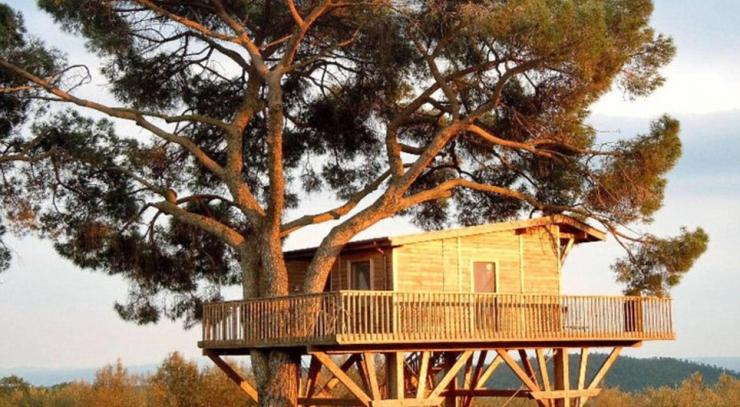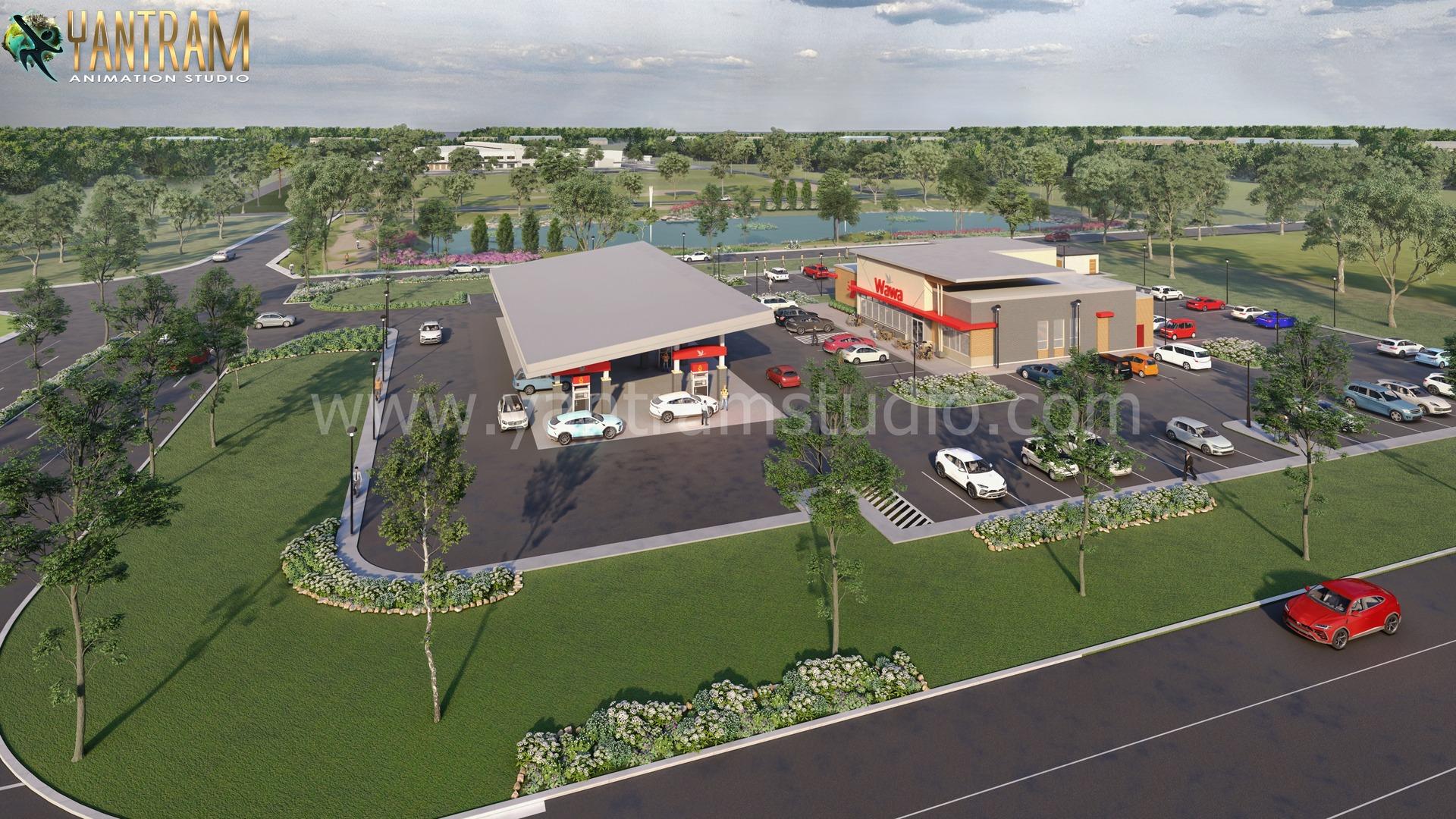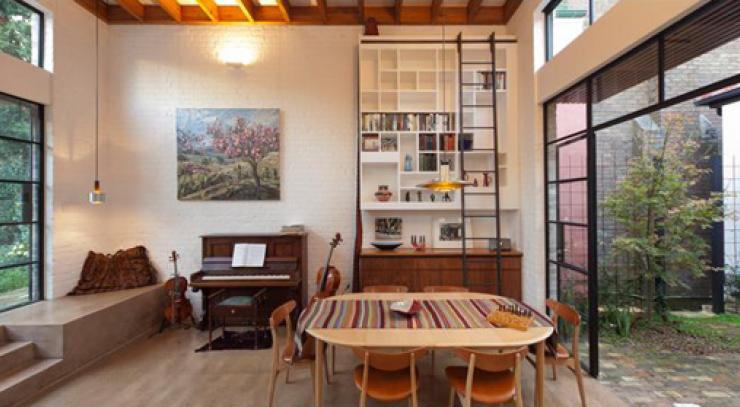People are used to bargaining over the cost of a car but may also haggle over the price of other goods and services. Did you know you can bargain over the cost of a mattress? Surprisingly, it is a thing. And, you can also negotiate the price of your home solar installation.
The general strategy is to obtain quotations from several contractors and then compare them to determine whether the higher-priced installers will equal or beat the lower-priced offers.
The most important thing to remember is to make sure you're comparing bids fairly, considering essential elements like equipment choices and warranties.
High-pressure, in-home sales practices are common in Australia's residential solar sector. However, if you have the appropriate information, you can defeat their strategies and receive a great deal.
Tips on negotiating with a solar installer
A solar array for your home is a terrific investment, and numerous benefits make it even better. However, some of the incentives are in the form of tax credits, which means you'll have to pay the full cost of the system up front and then wait until tax time to collect your rebate. Negotiating a price reduction would alleviate some of the agonies.
An average-sized solar system could cost roughly $20,000 on the invoice. This indicates that there may be some price flexibility, but a few things to bear in mind.
When searching for a solar system, you may be curious about what goes into the high retail price. The actual equipment accounts for the majority of the cost. The panels, the inverter, and the mounting method usually are included.
To ensure that you buy the correct solar panels in Sydney, you must first understand the two primary categories to which they belong:
- Solar panels of Tier 1
- Tier 2 and Tier 3 solar panels that are available
Even though Tier 1 solar panels are more expensive than Tier 2 and Tier 3 goods, you should only examine estimates for Tier 1 solar panels. The reason is straightforward: solar panels are designed to endure at least 25 years. As a result, you want solar panels that are dependable and unlikely to fail.
Savings ahead
In the residential solar market, profit margins aren't exceptionally high. Even though solar systems can cost tens of thousands of dollars, your neighbourhood solar installer isn't becoming rich. The so-called "soft expenses" are one of the key reasons.
These are all of your installer's non-hardware costs, which include;
- Labor
- Behind the scenes expenditures
- Permission (supply chain and transaction cost, client acquisition).
- Overhead costing
Furthermore, the cost of installation varies depending on where the panels will be installed. Installing a complex roof, for example, can be more difficult and time-consuming. This is an excellent example of a specification to discuss with solar installation when negotiating the overall price.
Are you looking for a way to save money on your solar panel system? Begin by learning how to bargain with the installers you meet.
Here's a quick rundown of what you'll need to get started.
When it comes to purchasing a solar system, information is unquestionably power! On average, this leaves a 9% profit margin in the business, which corresponds to $1,800 on a $20,000 system.
For you, the client, this means you can expect to save a few hundred dollars on the purchase price, but not thousands. Your installer isn't getting paid too well.
Price reduction due to competition
If you reside in Melbourne or Sydney, where home solar is very popular, you've undoubtedly seen many trucks with the installers' colorful logos on them. In Melbourne alone, over a thousand solar installation businesses are fighting for your business.
If you reside in a state where the home solar business is new and growing, however, you may find that there are just a few companies operating in your area. However, this does not give such businesses a carte blanche to gouge you because fewer clients imply lower annual revenues for businesses.
Installed Wattage Cost
Your ability to purchase a solar power system will most likely be determined by whether it fits within your budget. It's critical to decipher vendor pricing bids and determine how they will or will not meet your needs.
First and foremost, the prices you obtain should explicitly identify the system's maximum generating capacity in AC watts. If they give you a quote in DC watts, ask them to convert it to AC before you begin. A solar system's size is usually expressed in kilowatts (kW).
Knowing how much a procedure will cost per watt will benefit you (1 kW is 1,000 watts). Divide the quoted price you received from a reputable installer by the projected output. You can compare this to other installers to see who has the cheapest cost per installed watt.
Important things to know about incentive
Request a list of everything that is included in your quote. Is the quote adjusted to account for the Investment Tax Credit (ITC) incentive? Photovoltaic, solar water heating, and solar space heating/cooling are all eligible for the ITC, which provides a 30% subsidy. That's true, this incentive lowers your solar system's total cost by 30%!
Look into the solar equipment's reviews
Check out how other customers have rated the brands you're considering. Why? Because product specifications and marketing brochures only provide a portion of the storey. You want to hear what end-users have to say about the equipment's real-world performance to get the entire picture.
Get numerous quotations (but not too many)
With all of this in mind, it's generally possible to bargain with your installer for a lesser price. Obtaining numerous quotations using the various services accessible online is the easiest way to do it. However, the ideas frequently feature different equipment, making comparison difficult.
At this point, knowing a little about solar technology will assist you to grasp what's on offer. It's crucial to understand the basics of solar inverters, and learning how to read a solar panel datasheet can help you choose between two panels.
Obtaining a large number of quotes is something you should avoid. People will sometimes seek out seven, eight, or even more quotes in their hunt for the most excellent available offer.
This isn't a good use of your time, and it'll probably drive you insane as you pore over the many hardware possibilities and line item prices. Instead, it would help if you concentrated on the installer's quality.
Although low prices are desirable, quality is typically more essential
It is never a good idea to save money by hiring a low-quality installer. While you might get lucky and everything goes smoothly with your installation, the potential headaches that come with working with a substandard contractor could leave you pounding your head on the table. The suffering and danger aren't worth it.
What are some of the potential dangers? A poor contractor may damage your landscaping or scatter screws across your lawn, or you may discover that your roof has begun to leak after a month or two, or that if you require warranty service in a few years, they never return your calls.
Warranty and Credentials
Inquire about your installer's insurance coverage and warranty options. Various warranties are frequently available. One will come from the components manufacturer, while the other will come from the installer, so make sure to inquire about both. Make sure you're getting the best warranty for your money.
Finally, don't be scared to inquire about the installer's credentials and certificates. Inquire about their expertise installing solar systems, as well as their experience in your area. Inquire if a project manager will be in charge of keeping the project on track and budget. Who will be your main point of contact? What is your estimated completion date for this project?
Figure out how much money you'll save in the long run
Because solar is such a long-term investment, many considerations go into making an informed selection. One of the most significant considerations when installing solar panels is to consider your possible financial savings.
Determine your home's solar energy production
The amount of power your solar system produces depends on the size of the solar system and will be a crucial factor in deciding your return on investment. This changes based on the location, the roof's direction (south is preferable), and the roof's tilt angle or slope.
If your roof area faces somewhere between southeast and southwest, has a regular roof pitch of roughly 22 degrees, and is mainly unshaded between 9 a.m. and 4 p.m., this is probably not a huge deal for you.
There are six techniques to improve your supplier negotiations
Negotiating a better deal with your suppliers can be one of the most effective methods to increase your earnings, but it requires talent, diplomacy, and consideration. One of the most significant costs of running a business is supply costs, but lowering these costs requires some planning.
1. Communication is key
Good supplier relationships may lead to favourable prices, generous terms, improved availability, and even the occasional buyback. With these sorts of opportunities at stake, it’s essential to focus on your communication skills.
2. Be a dependable customer
Suppliers want to sell as many things as possible and value consumers who will do business with them again. Make sure your suppliers know you'll be a repeat customer when you're negotiating with them.
3. Make more outstanding deposits available
Suppliers value higher deposits on orders in addition to being loyal customers. You'll have more negotiating leverage if the supplier knows you'll pay them 50 to 60 per cent up ahead. A larger deposit on a lower-priced transaction may be preferable to a lower guarantee on a higher-priced item.
4. It's about more than just the price
When you ask for a lower price, your supplier may or may not accept your offer.
The good news is that you may still bargain for items other than the price that will help you save money overall. For example, while you may not be able to negotiate a lower overall cost, you may be able to arrange free expedited delivery of items to your firm.
5. Double-check that you and your partner are on the same page
Several indications will appear during a negotiation indicating that it is time to close the transaction. The supplier is willing to conclude the business when they accept your terms and conditions and only make a few counteroffers. Examine the points before deciding to avoid any problems at the time of contract signing.
6. Keep track of supplier invoices and pay them on time.
You might not get the most excellent bargain if you're a problem client who doesn't pay your suppliers on time. It's critical to keep good connections with your suppliers by paying your bills on time. By securely saving your paper bills and invoices, online accounting software gives you a more accurate view of your cash flow and makes your tax requirements easier.
In the end, it doesn't hurt to inquire
If you have numerous quotations for the same equipment but different pricing, don't be scared to ask one firm to match or beat another's price. Simply mention something along the lines of: "Company A offers similar equipment at a cheaper price-per-watt." “Do you think you can match it?”
Keep in mind when you discuss solar quotes, prioritize quality and not the ones offering lower prices. When it comes to solar energy projections for your system, choose a reliable business offering high-quality equipment at a reasonable price, with a warranty to it. Such things are far more valuable than the modest amount of money you might save by using a less reputed provider.
Finally, don't be scared to inquire about the installer's credentials and certificates. Inquire about their expertise installing solar systems, as well as their experience in your area. Inquire if a project manager will be in charge of keeping the project on track and on budget. Who will be your main point of contact? What is your estimated completion date for this project?
